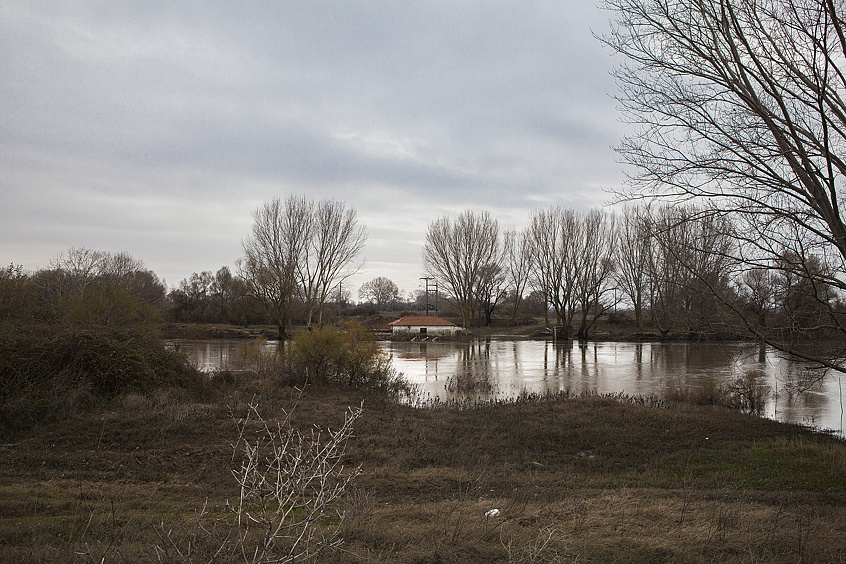
Miriam Cahn, Untitled (2015), graphite on paper, 43.5 × 29 cm
The Mediterranean has been the site of a continuous transit of identities, belonging, and cultural heritage, crossed by the new central role of the eastern border toward Mesopotamia, where Greece and Turkey become pivotal in the construction of a space of translation. A place of contemporary presence of other views, other perspectives, other maps: Its capacity to join and divide, to give form to the reality we experience by connecting and separating, suggests that history is plural and multidirectional. In this web of transnational histories, the global routes of contemporary Mediterranean crossings are clearly not simply a socioeconomic phenomenon, but an integral part of the Western legacy, of its political economy, of its exercise of the asymmetrical relations of power. In the dense network of shifting, interconnected, and historical processes, we explore this space of critical cuts and desirous encounters suspended between the Orient and the Occident, between the North and the South. At the same time, the multiple coordinates of this meeting lead to consideration of the silenced narratives from the refugee settlement in the area of Piraeus after 1922, transforming the local memories of this neighborhood into an open history laboratory.

